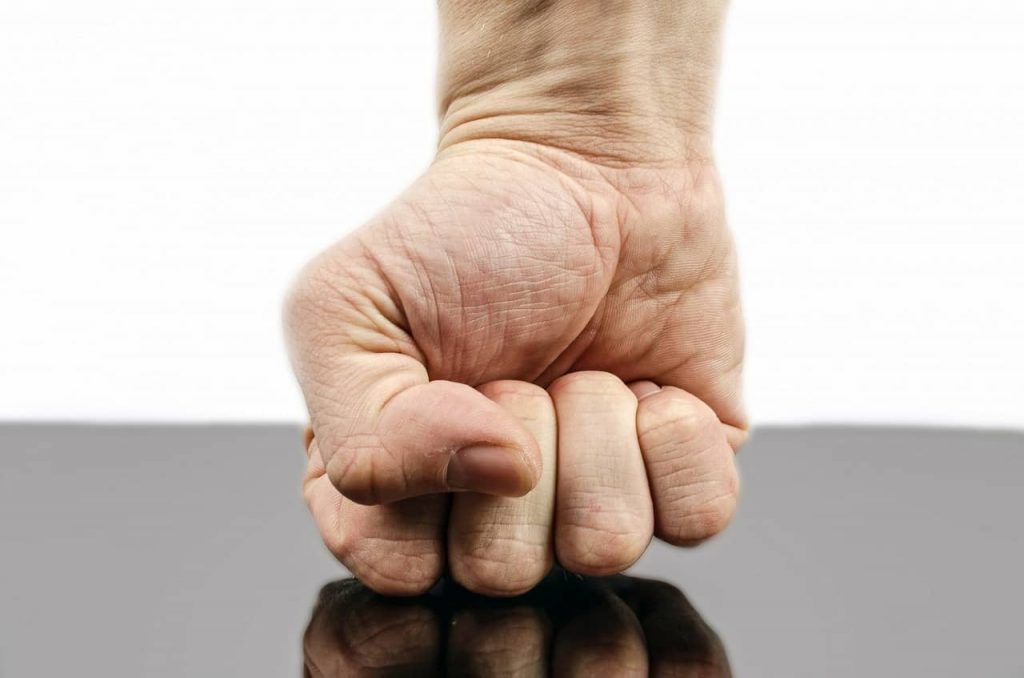Written by Lauren Young

Personally, after writing out class notes or even typing up an essay, I like to relieve the tension in my fingers by cracking my knuckles. There has been much debate of whether or not cracking your knuckles can cause arthritis, so I wanted to explore this and figure out what is actually happening inside your body and if there really is any effect out there.
According to the Harvard Medical School Publication, “the ‘pop’ of a cracked knuckle is caused by bubbles bursting in the synovial fluid – the fluid that helps lubricate joints.” [1] When one stretches or bends their fingers, a pocket is formed within the slimy, liquid consistency of synovial fluid. The cracking noise therefore comes from the separation of the bones rather than friction between them.
This belief that cracking one’s fingers can cause hand osteoarthritis has no actual evidence that supports it. In fact, there are studies that help to disprove it. The Journal of American Board of Family Medicine performed an experiment with 215 participants between the ages of 50-89 years old, in which 135 cracked their knuckles and 80 did not. After five years, there seem to be no correlation between osteoarthritis and knuckle-cracking because, “the prevalence of OA in any joint was similar among those who crack knuckles (18.1%) and those who do not (21.5%).” [2] From the structure of the hand, the proximal interphalangeal joint was cracked the most in this study, which is the joint in the center of your finger, between the middle phalanx and proximal phalanx.
Osteoarthritis, also known as degenerative joint disease, is a result of the inflammation and degradation of cartilage between the bones, which can be caused by repetitive motion and labor, not knuckle cracking. In MIT’s newspaper, Nobel Prize Winner, Donald Unger, also proved that there is no association by performing his experiment of, “systematically cracking the knuckles on his left hand and leaving his right knuckles free for 60 years.” [3] It seems as if this myth has just been something ingrained in our heads because parents don’t want to hear their kids constantly cracking their knuckles, especially at such a young age.
Even though knuckle-cracking seems to have no association with osteoarthritis, cracking other joints or bones in your body may cause certain consequences to your body. It may also cause a disturbance to those who can’t stand the sound. The best way to relieve tension in your body is to consult your local professional chiropractor and find the best methods for you.
References:
1. Publications, Harvard Health. “Does Knuckle Cracking Cause Arthritis?” Harvard Health. N.p., n.d. Web. 20 May 2017.
2. FAAFP, Kevin DeWeber MD, and Mariusz Olszewski MD. “Knuckle Cracking and Hand Osteoarthritis”. The Journal of the American Board of Family Medicine. N.p., n.d. Web. 20 May 2017.
3. Srinivasan, Divya. “Ig Nobel Winner Shows Knuckle Cracking Won’t Cause Arthritis – The Tech.” The Tech – Online Edition. The Tech, 02 Oct. 2009. Web. 20 May 2017.